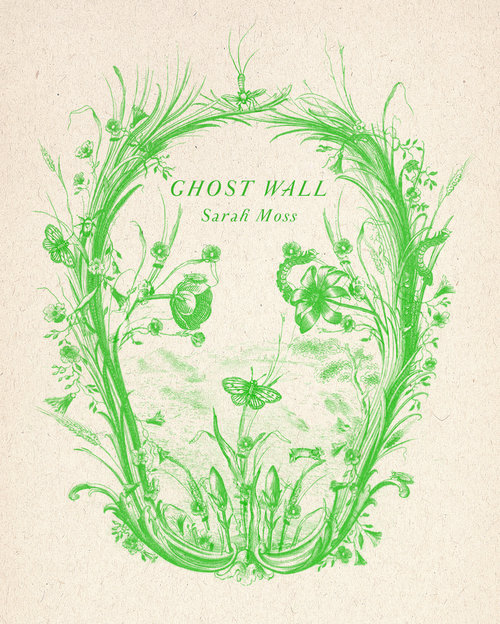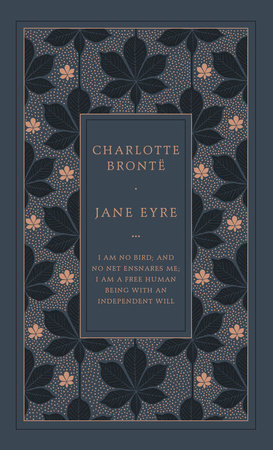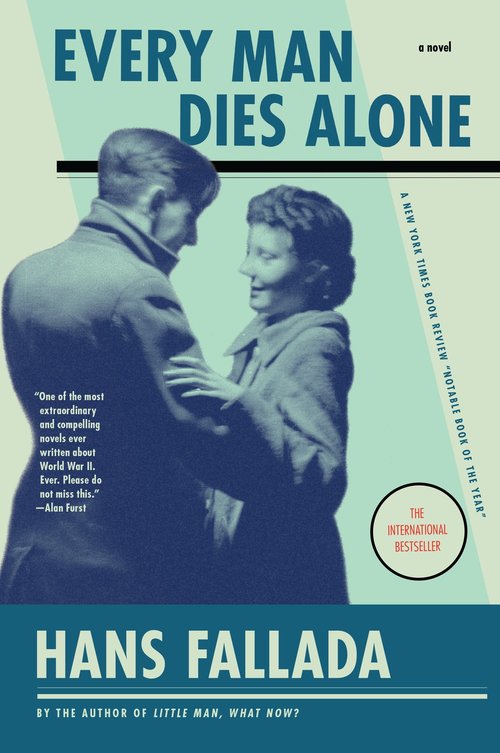Behind the Scenes with Book Reviewers with Rohan Maitzen
Rohan Maitzen
on the advantage of literary hindsight, a reviewer’s primary responsibility, and the virtues of books with a lot of words
Welcome to Behind the Scenes with Books Reviewers, a feature in which we hear from Canadian book reviewers about the ups and downs of reviewing, over-used words and phrases, favourite fellow reviewers, and unsung books.
This month we spoke to English professor, critic, and blogger, Rohan Maitzen.
Hamilton Review of Books: Madame Bovary and Lady Chatterley’s Lover resulted in obscenity trials. Lolita was called pornography. And Fifty Shades of Grey led to some serious eye rolls. Which controversial book of the past would you have liked to review when it was published?
Rohan Maitzen: Without the considerable advantage we now have from hindsight, none of them! I like to think I would have been among those celebrating the revolutionary genius of Jane Eyre rather than recoiling from it, but it’s impossible to be sure. If there’s one thing you learn from studying literary history, it’s that literary judgments—whether in the moment or two centuries later—are highly contextual and never definitive.
HRB: When you tell others that you write book reviews, is there anything you hope or dread they will say in response?
RM: My least-favourite response is “however do you find time to read?” I can’t tell you how many times I have heard this from my academic friends, which is odd because most of them do a lot of reading themselves. What they really mean, of course, is “how do you find time to read books that aren’t strictly for work,” which is a reflection both on academic priorities and on a widespread ambivalence about book reviews as a meaningful form of literary criticism. I love any responses that prompt conversations about books, from “have you read this one?” to “what did you think about that one?”
HRB: Writer and book critic Geoff Dyer has said, “If you review books by your friends, you get to the point where you’re either not a very good critic, or you end up with few friends.” Agree/disagree/say it better.
RM: I think a book reviewer’s primary responsibility is to our ongoing conversation about the books themselves: our job is to illuminate, as thoughtfully and rigorously as we can, what the books we read are about, how (and how well) they work, and what part they play in that bigger conversation we call “literature” or “culture.” There can definitely be a tension between that mission and the expectations and obligations of friendship.
HRB: What reviewer working today do you most enjoy reading?
RM: I am a long-time admirer of James Wood. Though I sometimes find his generalizations too grandiose and we differ on whether Flaubert should be the touchstone for excellence and artistry in fiction (he says yes, I say no), I find him wonderfully perceptive and articulate about particulars. I appreciate that his criticism often takes an ethical turn: I often think about his review of Kazuo Ishiguro’s Never Let Me Go, a novel he said was “at its best when, by asking us to consider the futility of cloned lives, it forces us to consider the futility of our own.” I greatly respect the critical judgment of my former Open Letters Monthly colleague Sam Sacks, and I count on Lauren Elkin and Joanna Scutts for analysis that is at once astute and energetic. I also read a lot of book bloggers with much interest and appreciation—too many to list here! As a long-time blogger myself, I cherish the range of voices, coverage, and conversations the form sustains. (Rumors of its death are greatly exaggerated!)
HRB: What mis-used or over-used words and phrases make you peevish when they show up in book reviews?
RM: I cringe a bit at “spare.” It’s not so much that I object to the word itself as that it’s often used to praise books I end up finding flat and dully underwritten. There’s a reason my academic specialization is Victorian literature: I like books with a lot of words, books that convey excitement about them rather than a cool determination to use as few of them as possible.
HRB: What unsung book from the past year would you like to give a shout-out to?
RM: My reading roams so widely chronologically that it’s hard for me to think in quite those terms: any really recent book I’m aware of probably doesn’t count as “unsung” as it will have come to my attention through reviews or through online buzz! I was impressed and moved by Kathy Page’s Dear Evelyn; I would also give a shout-out to Sarah Moss’s Ghost Wall, a sharp commentary on myths of national identity as well as a tense story about a teenaged girl and her abusive father. Probably the best book I read in 2018, though, was Hans Fallada’s Every Man Dies Alone. Originally published in 1947, it is chilling, suspenseful, and depressingly relevant in the questions it raises about whether it is possible for ordinary people to “stay decent” under tyranny.
Rohan Maitzen teaches in the English Department at Dalhousie University in Halifax. Her essays and reviews have appeared in venues including the Times Literary Supplement, Tin House, Quill & Quire, and Canadian Notes & Queries; she blogs at Novel Readings.




